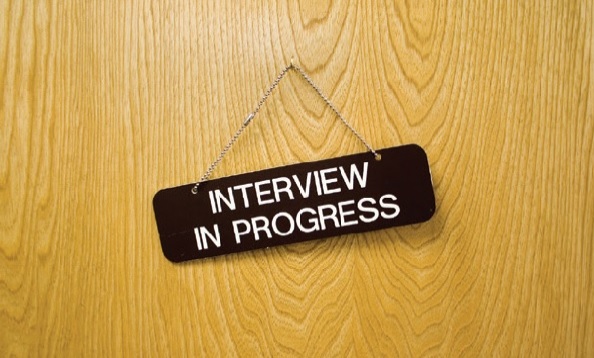
Companies seek the fittest person for the job, and interviewees strive to be those persons. For interviewees, knowing what type of interview they will be having is important, and recently, companies have started the blind test. The blind test is a type of interview in which interviewers have no prior information about an interviewee’s background such as birth place, academic record, and level of education. Last year, SK telecom implemented the system during its recruitment period. Successful candidates were found to have graduated from less renowned universities compared to SK telecom choices the previous year. The result has students debating whether the blind test is truly a fair and efficient way to find the most appropriate people for the job. SK telecom’s blind test has others recognizing that in reality one’s university— prestigious or not—does not relate to their ability to fulfill a company’s position and needs. The Sookmyung Times asked Sookmyungians about the blind test and whether it should be employed at all companies.



- Debate Topic -
The Blind Test Should Not be Employed

PRO
Lee Hyerin
Division of Law '15
Recently, many companies are hiring a candidate based solely on the interview pass or fail, completely disregarding an applicant’s background information. Indeed, the blind test is one step forward in the attempt to break Korea’s bad customary habit. However, it is impractical to employ someone without knowing any prior information about him/her. Moreover, it is unfair recruitment to only consider one aspect of an applicant. For this reason, the disadvantage of the blind test is too great to ignore.
First, Korea’s time allotment for interviews is too short and the method of questioning is too simple to reveal any authentic information about the candidate. Therefore, applicants cannot accentuate their value, personal history, or even support ideas offered at the interview in such a short duration. Also, it is impossible for interviewers to get to know a person via an interview only. A comparison to university admissions indicates that even universities do not use only one type of acceptance method; they are increasingly using documentation followed by an interview. This shows that the blind test does not reveal everything about that person. Second, there is no standard of comparison for interviewers when they judge candidates, because the interview time is too short that they cannot set a clear standard for applicants. If interviewers do not have any prior knowledge about the applicants, they tend to ask questions based on vague standards. Last, a good impression does not guarantee business adaptability nor work skills. In traditional interviews, candidates were assessed on the basis of documentation and cooperation ability as ascertained at the interview. However, in a blind test, this is not possible, and just because a person is good at giving a speech or has an attractive smile, it doesn’t mean that the person is suitable for the job.
There is a saying that states: “10 seconds is enough time to judge a person’s suitability,” but it is not enough time to just whether someone is right for the job. Ignoring applicants’ documents contradicts the essences of “employment.” Instead of following blindly at this blind test, companies need to seek alternative interview methods that will solve the tendency to hire from elite universities, and adopt more refined approaches.

CON
Hong Jieun
Department of Political Science & International Relations '15
One of the most severe problems in our society today is youth unemployment, and the biggest reason is that many job seekers can’t reach the unreasonable expectations a company desires. In order to employ the best person for the position, regardless of where one has graduated from, a number of companies have started to use the blind test. While some people will argue that companies should not hire people chosen from a blind test, I strongly argue that it will bring positive results to our society.
First of all, the blind test guarantees fairness during the hiring process. Since the test gives everyone an equal opportunity, regardless of their university ranking, it contributes to demolishing Korean society’s academic elitism. For example, SK telecom hired newcomers based on the blind test in 2014. Interestingly, among successful applicants, over 50% were from universities other than SKY. Before 2014, SK telecom was notorious for hiring only applicants from elite Korean universities because at one time they believed that those students were more qualified due to their university ranking. This situation highlights the benefits of the blind test; it provides every applicant the same opportunity.
On top of that, evaluation of applicants without prior information on their personal history and without any stereotypical ideas about a student and her/his school will ensure companies to hire employees with the capability truly needed for the job. Past methods for hiring relied heavily on information provided in advance of the interview. On the other hand, a blind test ensures interviewers objectively appraise candidates’ personalities and job executing abilities. According to an interview with Human Resources Manager at Daewoong pharmaceutical firm in 2014, the company was able to select newcomers who rightly suited their firm by the blind test.
Today, ‘Competition should exist but it must be fair.’ Even though competition is fierce, some companies are failing to guarantee competition fairness. I think the blind test could be the key to fair competition hiring practices in the labor market.


